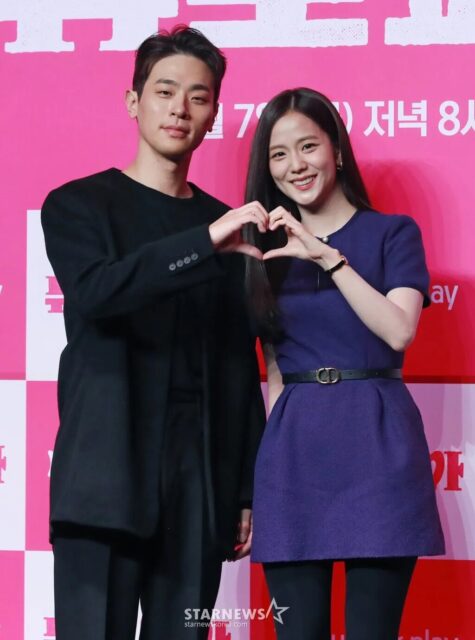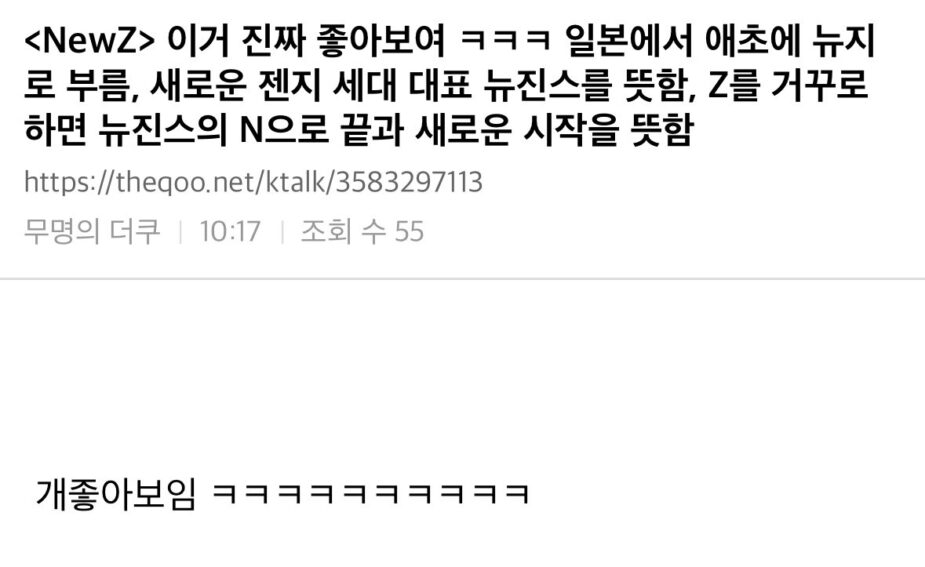On December 5, 2014, Korean Air Flight 086 was made to taxi back to the airport gate after it was already on the runway, preparing to take off from the John F Kennedy International Airport in New York. But what could’ve been so urgent that an aircraft had to turn back? Well, a first-class passenger wanted the cabin crew chief thrown out of the flight, and surprisingly, the airline complied.
Because this first-class passenger was no other than Heather Cho (also known as Cho Hyun Ah), the Vice President of Korean Air at that time and also the daughter of Korean Air chairman and CEO Cho Yang Ho. When Cho boarded the Seoul-bound flight, she was given a closed bag of macadamia nuts, just like every other first-class passenger. But she was enraged that it was not served to her on a plate. She rebuked the flight attendant Kim Do Hee who was serving her the snack and demanded to see cabin crew chief Park Chang Jin to complain. Eye-witnesses reported that Cho physically assaulted both the crew members and made the chief kneel to beg for forgiveness while she repeatedly kept hitting his knuckles with the corner of her digital tablet.
Cho then demanded Park be kicked out of the aircraft, for which the plane had to go back to the airport gate, causing a 20-minute delay for the remaining 250 passengers on board. The airline issued an official apology to passengers, but it also covered up for Cho, saying that she was doing her duty by quality-checking flight service and safety. When one first-class passenger contacted the company to complain about the incident, they sent her a model airplane and a calendar in the mail by way of apology. That instance is enough to understand to what extent the company wanted to dilute the whole event.
Initially, the Ministry of Land, Infrastructure, and Transport said that the Aviation and Railway Accident Investigation Board was looking into the case. Transport minister Suh Seoung Hwan assured an unbiased investigation. But Korean Air tried its best to nip the trouble in the bud and allegedly reached out to Kim Do Hee, who was dismissed after the incident, to pressurize her into testifying that she had resigned by will. Additionally, two members of the investigative team were former Korean Air employees. These two factors combined made Kim suspect possible bias in the investigation, so she reported the incident directly to the media. It became a national sensation immediately.
The public was enraged. Suh’s assurance held no power, and lawmakers soon started demanding that the Board of Audit And Inspection intervene in the investigation. In the middle of this chaos, it was revealed that in 2013, Cho had attacked another flight attendant for not cooking her ramen noodles the right way. The incident was covered up by the company, and according to police reports, Korean Air tried to delete records of the nut incident as well.
This revelation made the public even more agitated, and Cho resigned from her post as the VP of Korean Air. Though she had previously talked about quitting all of her designations within the company and its affiliates, she actually held positions as a chairperson of Korean Air, president of KAL Hotel Network, and Hanjin Tour.
Court trials of this case started in January 2015. At the Seoul Western District Court, the defendant denied all charges. But Cho’s father, who was present at the trial, asserted that Park could return to work with no disadvantages. Interestingly, Park was absent from the court despite multiple summonses. On the other hand, Kim Do Hee testified that Cho had pushed her and made her kneel after being served the bagged nuts. She also claimed that the company was trying to silence her by offering a teaching position at a KAL-affiliated college.
On February 12, 2015, Cho was given a one-year prison sentence for obstructing aviation safety by changing the flight plan. In South Korea, this particular offense can be punishable with up to ten years in prison. But in May 2015, the Seoul High Court found her not guilty of the charge, and her sentence was reduced to 10 months and two years of suspension. She was released immediately after serving five months in jail.
Park Chang Jin eventually spoke up about the issue after Cho allegedly tried to start rumors about a sexual relationship between him and Kim Do Hee. Both of them filed multiple civil lawsuits with partial wins. The Seoul Western District Court ordered Korean Air to pay the Park ₩20.0 million KRW (about $ 14,400 USD) for attempting to coerce him into dropping the case and an additional ₩30.0 million KRW (about $ 21,500 USD) as compensation for assaulting him. Both the employees got restored to their positions by 2016 as well.
This case also unveiled some unwelcome histories of the Cho family to the public. Heather Cho’s brother Won Tae was investigated by the police for allegedly pushing an elderly woman in 2005. On the other hand, her father, Cho Yang Ho, was convicted of tax evasion in 2000. He, his father, and his brother were charged with receiving millions in rebates while buying airplanes from Boeing and Airbus and evading taxes on the money.
This “nutgate,” also referred to as the “nut-rage” incident, opened up a floodgate of discussions around the power these dynastical business conglomerates hold in capitalistic South Korea. With a reduced sentence, Cho almost got away scot-free. Though passenger rates on Korean Air domestic flights saw an annual drop of 6.6% in 2014, it was a short-lived effect. But the South Korean public is not new to conglomerates and their heads getting away with crimes with practically no punishment at all. Nevertheless, in a country run by chaebols, the fact that the two employees got their justice and the perpetrator was held accountable even to some extent was considered a massive win for the little people of the country.
Koreaboo








Leave a Reply